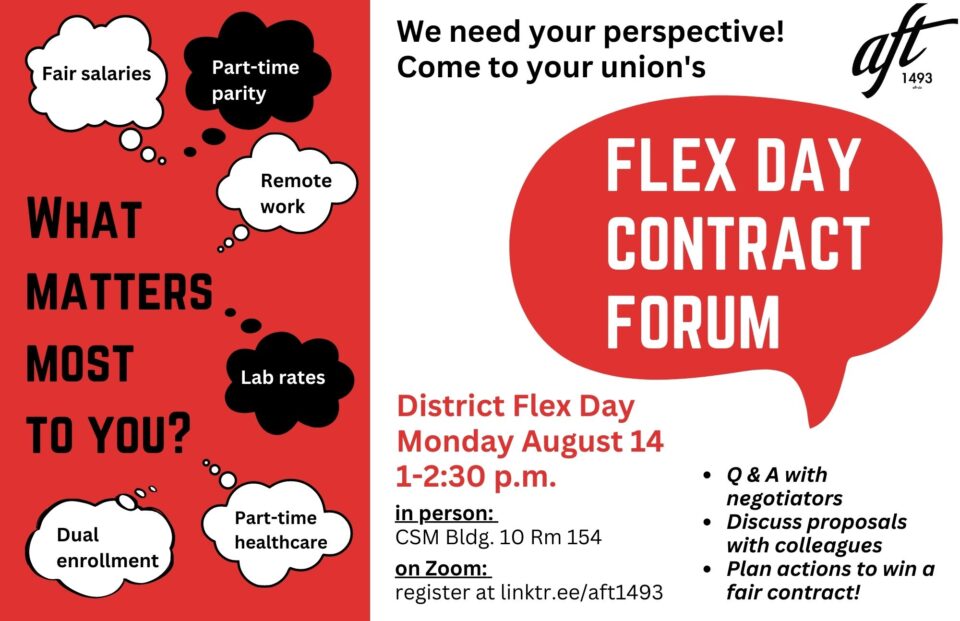• View Lecture-Lab Ratio Percentages in California Community Colleges
• View Rationale for Load Factor Equity for Lab and Lecture Courses
LECTURE-LAB RATIO PERCENTAGES IN CALIF. COMMUNITY COLLEGES
The following data was collected in October 2021 by Cuesta College Federation of Teachers from California community college district HR web sites and collective bargaining agreements, with some more recent updates. The determination of faculty loads in some districts’ contracts can be difficult to interpret and there may be some errors present in this draft. (Links from district names show relevant contract language. * designates Bay 10 districts.):
Categories for comparison are:
- Equal Lecture/Lab Loading (100% load factor for lab)
- 76-99% lecture/lab loading
- Primarily 75% lecture/lab loading
- Less than 75%
100% load factor—equal LECTURE/LAB LOADING FACTOR
- Cerritos College (100% for those qualified as “extensive labs” and 75% all others)
- Contra Costa CCD* (100% for Labs for which “the instructor devotes the major portion of the course time to the supervision of students who are working on laboratory experiments and exercises”)
- El Camino College (100% for “extensive labs with prep and grading, 75% all others)
- Glendale College (lab = lecture, except KINA+ECE 66.7%, load for art, CTE, nursing is 16-24 hrs/week)
- Foothill-DeAnza CCD* – some labs are 100%, others 75%
- Kern County CCD
- Los Angeles CCD (9 colleges) (all lab=lecture, but CTE, nursing, activity classes have 15-21 hr workloads)
- Lake Tahoe (100% FT?/85% PT?)
- Miracosta College (science labs 100%, art studio 83%, skills 75%, activity 68%)
- Mt San Antonio College (“Teaching labs” 100%, others 75%)
- Napa College (100% all labs–was upgraded from 100% science/75-83% other)
- Palomar College (100% science, art, lang, Kine, Rec, some CTE 83-75%, fitness 50%)
- Riverside CCD – Sci = 100%, other lab/activity = 75%
- San Jose-Evergreen CCD* 100% science/health labs, others 75%
- San Diego CCD – (100%) ALL LABS
- Santa Clarita CCD (Canyons) 100%
- Santa Monica (100%) There are “load factors” but can’t find them
- Santa Rosa Junior College (100% for labs with experiments and written work, 80% for clinical, art/music, 75% for skill development with no written work)
- South Orange County CCD – (5/6 for activity/studio lab, penalty for small classes, summer/overload rate capped at 65-80$/classroom hr)
75%-99% LECTURE/LAB LOADING
- Allan Hancock College (94%) GB: 93.75 or 88.23%, page 149, 18.3
- Antelope Valley (confusing, 67% lab if 25% or mostly lab, lecture rate if >60% is lecture, and 82.5% lec-lab combos if teaching between 25%-60% lec and rest is lab)
- Barstow College (85% science)
- Butte College (79%)
- Cabrillo College (80% science, 75% non-science, 100% nursing)
- Chabot CCD* (87.5% for labs that “involve grading a minimum level of ‘professional quality’ lab reports or the equivalent”)
- Chaffey College (90% science/60-90% other)
- Citrus College (85% science, 65% other)
- Coast CCD (Coastline, Golden West, Orange Coast Colleges) 90%
- College of Marin* (Sci/Art = 83%, tutoring lab 75%, clinical 70%, activity 67%)
- College of the Redwoods (80% lab, 83% clinical, 70% drop-in lab)
- College of the Sequoias (lab 80% Activity 70%)
- College of the Siskiyous (85% science/70% “activity” labs)
- Feather River College (90% science/71% other)
- Grossmont-Cuyamaca CCD (Grossmont, Cuyamaca Colleges, 88% 17 hr/week for lab)
- Long Beach City College (90% lab, 100% clinical)Los Rios CCD (American River, Cosumnes, Folsom Lake, Sac City Colleges, 80% lecture/lab parity for nursing, allied health, chemistry, physics, physical anthropology, geology, and geography, 75% other
- Monterey Peninsula College (83.35%)
- Peralta CCD* – (80%)
- Rancho Santiago CCD – (90%)
- San Bernardino CCD
- San Diego CCD – (83%)
- San Francisco City College* (85% Most Sciences, ENGR, ARCH, N/AH, Clinical Labs in Allied Health, 75% other)
- San Joaquin Delta College (80%)
- San Mateo CCD* – (80% most “academic” labs)
- Santa Barbara (80%)
- Southwestern College (80%/Nursing FT load is 35 hours)
- Victor Valley College (83%)
- West Hills CCD – 0.75% for lab activity hour, 100% for lab hours
- West Valley – Mission CCD* (83.5% for STEM and Health Occ) (71.5% for CTE, CompSci, Music, Art, Graphic Des, Hospitality, and some non-credit) (62.5% for language labs, older adults)
- Yosemite CCD – 80%, some labs can go above 80%
- Yuba CCD – (85%)
75% LECTURE/LAB LOADING
- Gavilan College (75% science/others 65-75%)
- Imperial Valley College 75%
- Lassen College 75%
- Mt. San Jacinto College 75%
- North Orange County CCD – 75%. Clinical is at 100%
- Palo Verde College (clinical is at 80%)
- Pasadena City College 75%
- Rio Hondo College 75%
- Shasta College (75%)
- State Center CCD – 75%
- Taft College
- Ventura CCD – 75% sci lab, nursing, math lab; and 67% others
<0.75% LECTURE/LAB LOADING
- College of the Desert 67%
- Copper Mountain College (67%)
- Hartnell College (66.7%)
- Merced College (66.7% lab, 80% clinical)
- Ohlone College* (71%)
- Sierra College (70%)
UNDETERMINED
- Mendocino College
RATIONALE FOR LOAD FACTOR EQUITY FOR LAB & LECTURE COURSES
In 2016, AFT 2121 (CCSF) researched the issue of load factors for lab courses compared with lecture classes in preparation for negotiating new contract language that would move City College to assigning equal credit for teaching lab courses and for teaching lecture courses. Below is an abbreviated version of the extensive rationale for supporting equitable load factors for teaching lab and lecture courses:
Rationale:
1. The District and AFT 2121 have previously agreed to work towards the goal of reaching equity between labs and lectures. Article 20.A.3.1.1 of our contract states: “considerable discussion has taken place regarding the comparability of load factors between classroom/lecture and laboratory instruction, particularly in the science-related disciplines, that this matter of inequity needs to be addressed incrementally over time, and that it is the intent of the parties to work towards that end.”
2. The State of California reimburses the college at the same levels for lecture and lab classes. It is inherently unfair to not pass this funding on to the faculty.
3. The current multipliers make no sense. Some departments have 0.67 multipliers, some have 0.75 multipliers, and others have 0.85 multipliers. Even within some departments, labs sometimes have mismatched load factors. These numbers do not reflect a real difference in the work load. Faculty across all departments need to be treated equitably. This proposal resumes progress towards equity.
4. Load factors are intended to account for the work faculty do outside the classroom. Labs are given smaller load factors because they are presumed to be less work than lecture. This is erroneous. Labs frequently involve working directly with students, monitoring safety, and complicated set-up. The idea that labs are somehow less work is an artifact of an older university system in which higher-status professors lectured and associate professors and graduate students worked directly with students.
5. The idea that we can clearly name modes of instruction is outdated. Modern pedagogy mixes modes and blurs this distinction. Lecture classes frequently include small group work, discussions, and hands-on activities. Labs often include whole-class “lectures”. Labs often have exams, homework, and outside work, just like “Lecture”. It simply doesn’t make sense to say that all labs or all lectures will be taught in one particular way. They both require the same amount of (hard) work.
6. All over the country, colleges are moving away from the outdated idea that labs and lecture should be paid or valued differently, and toward an understanding of modern pedagogy and equity. In the 13 two-year colleges in the Wisconsin State Community College system, 100% of them give science labs a multiplier of 1.1, more credit than a lecture.
7. Other California community colleges are improving their load factors, and some have achieved real equity between lecture and lab. See Lecture:Lab Ratio Percentages in California Community Colleges above. Los Angeles CCD, the largest district in the state, has a load factor of 1.0 for all labs. Likewise Palomar College (San Diego County) pays all of their labs at the same rate as lecture. And De Anza-Foothill Community College District also recently moved to 1:1.
8. Professional societies and academic leaders agree that lab and lecture should be weighted equally. CCSF has a reputation for academic excellence – if we want to maintain our high standards we should not discount the professional advice of our peers:
- The American Chemical Society argues that lab and lecture loads should be equal:
“When determining faculty teaching assignments, each laboratory contact hour should be equivalent to a classroom contact hour.”
American Chemical Society. (2009, Spring). ACS Guidelines for Chemistry in Two-Year College Programs, Section 3.2. Retrieved May 18, 2016, from http://docplayer.net/394888-Acs-guidelines-for-chemistry-in-two-year-college-programs.html
- The American Association of Physics Teachers agrees: “In computing physics faculty workload, one hour of laboratory supervision should be considered to be at least equivalent to one hour of lecture responsibility.”
American Association of Physics Teachers (2002). Guidelines for Two-Year College Physics Programs, Section L-7. Retrieved May 18, 2016, from http://docplayer.net/1551567-Physics-computers-science-equipment-laboratories-elease-time-education-college-two-year-college-travel-physics-programs-guidelines-for-aapt.html
- The Academic Senate for California Community Colleges passed the following resolution about CTE programs in Spring of 2016: “Resolved, That the Academic Senate for California Community Colleges work with the state-level leadership of faculty unions toward a joint effort to eliminate the differential between lecture and laboratory hours…”
The Academic Senate for California Community College (Spring 2016, Resolution Number 19.02). Career Technical Education and Laboratory/Activity Faculty and College Governance. Retrieved May 18, 2016, from http://www.asccc.org/resolutions/career-technical-education-and-laboratoryactivity-faculty-and-college-governance
- The Journal of College Science Teaching notes that in lab activities, which are essential to good instruction, are often more work to prepare and teach than lecture classes. The author writes that the practice in some community colleges of awarding less load credit to labs is “inconsistent with nationwide goals of science excellence and the standards set by multiple professional organizations.”
Nicols Boyd, B. Journal of Science Teaching. (May/June 2015). Laboratory Workload Calculation and Its Impact on Science Instruction at the Community College Level. Retrieved May 18, 2016, from https://digital.nsta.org/publication/?m=&l=1&i=254738&view=articleBrowser&article_id=1986970&ver=html5






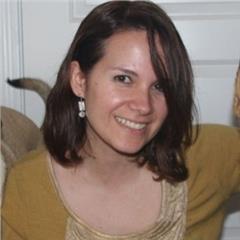 This issue is akin to teaching online/hybrid classes and holding remote office hours; it would be absurd to require faculty to be in their Skyline office for those activities. We should have autonomy, as faculty, to carry out our responsibilities where we see fit.”
This issue is akin to teaching online/hybrid classes and holding remote office hours; it would be absurd to require faculty to be in their Skyline office for those activities. We should have autonomy, as faculty, to carry out our responsibilities where we see fit.”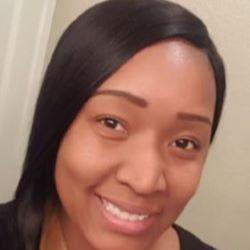 “Our lives have shifted just like our students and having the flexibility to perform our duties remotely (how we currently operate) has been just as effective. Having to commute many hours to work, just to be in the office for zoom appointments all day is irrational.”
“Our lives have shifted just like our students and having the flexibility to perform our duties remotely (how we currently operate) has been just as effective. Having to commute many hours to work, just to be in the office for zoom appointments all day is irrational.” assigned hours, I have to squeeze in 9 in-person hours to save on gas. If I have to be back 100% in person, I’ll have to work two 9-hour days. But, on an average 15 back-to-back student meetings in one day, only four would opt for in-person counseling.”
assigned hours, I have to squeeze in 9 in-person hours to save on gas. If I have to be back 100% in person, I’ll have to work two 9-hour days. But, on an average 15 back-to-back student meetings in one day, only four would opt for in-person counseling.”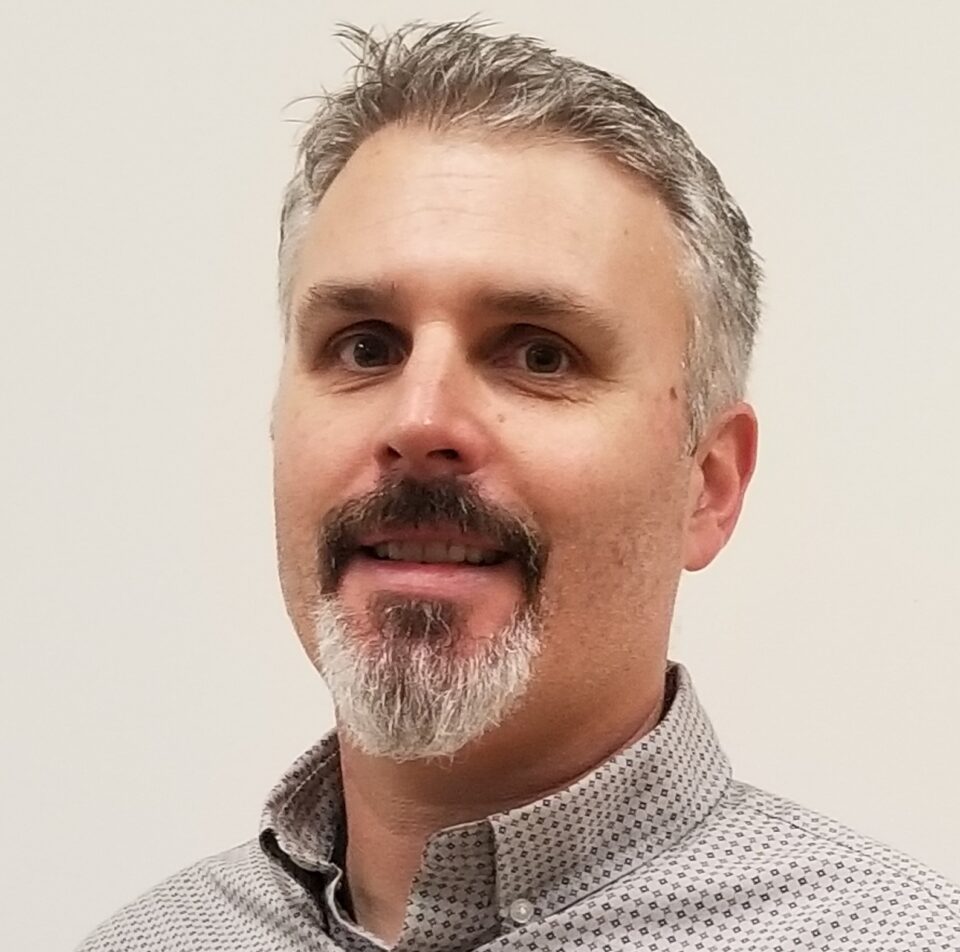 Many students like the flexibility of zoom counseling appointments and it helps me to more quickly respond to students’ needs. Online faculty instructors are trusted to provide the same quality instruction as in-person courses from off campus, why aren’t counselors trusted to do the same?
Many students like the flexibility of zoom counseling appointments and it helps me to more quickly respond to students’ needs. Online faculty instructors are trusted to provide the same quality instruction as in-person courses from off campus, why aren’t counselors trusted to do the same?

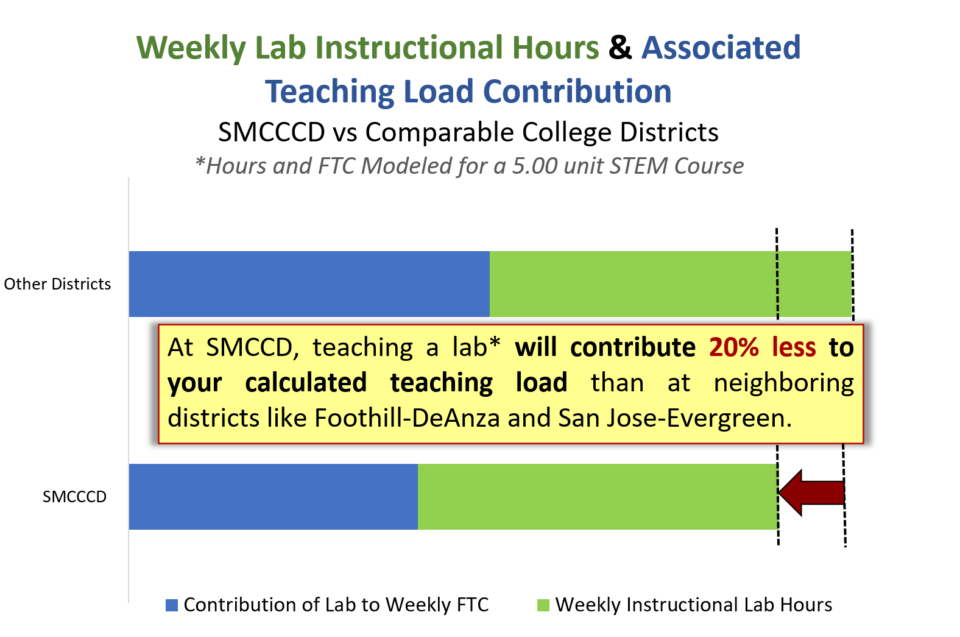
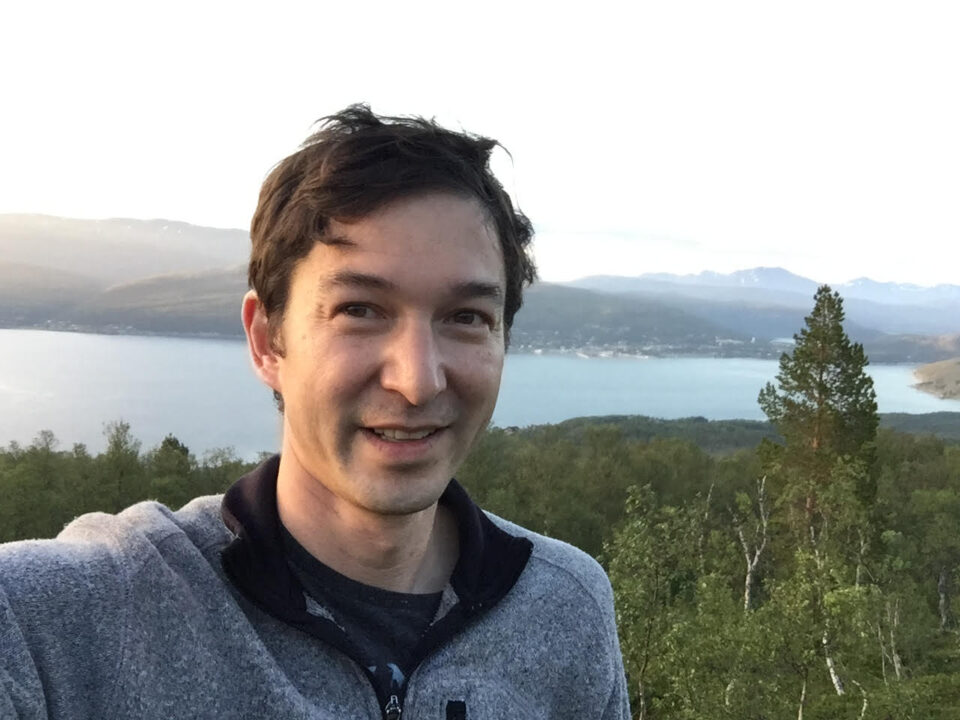

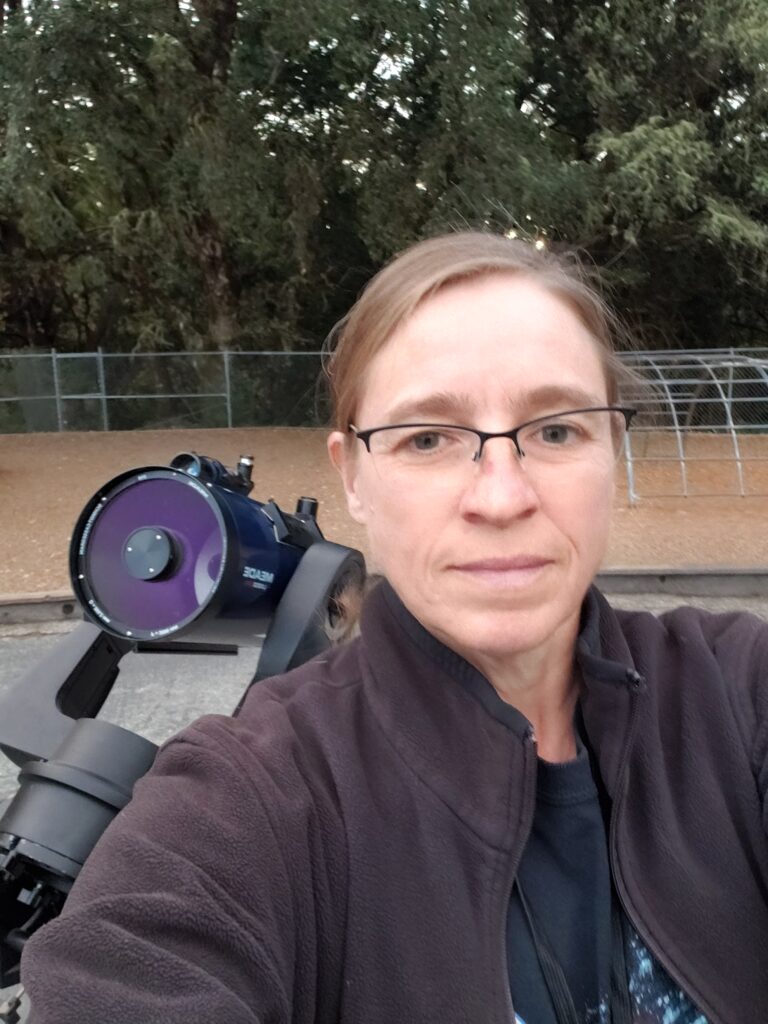
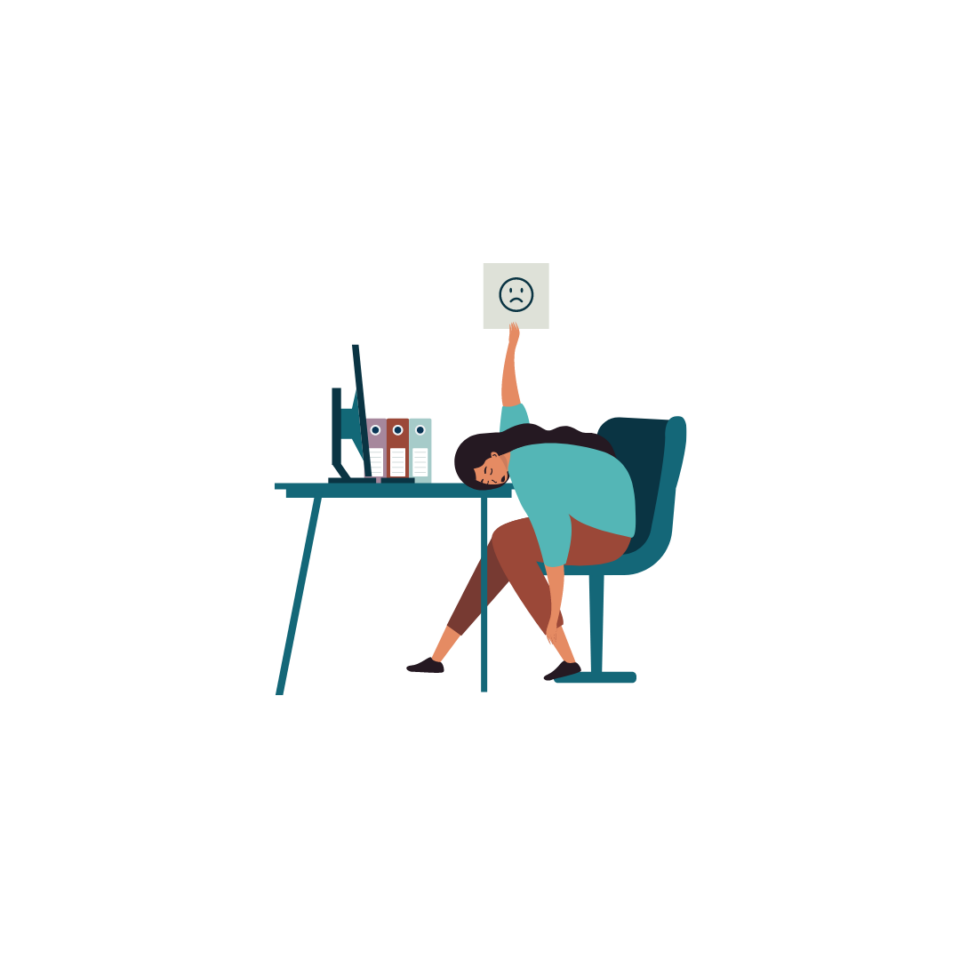 Adjunct Working Conditions
Adjunct Working Conditions District Hypocrisy & Loss of Faith
District Hypocrisy & Loss of Faith Remote Work & Lab Pay
Remote Work & Lab Pay
